As the world continues to grapple with the ongoing challenges posed by the global COVID-19 pandemic, it's become increasingly clear just how vital the role of key workers is, especially in sectors like food production, processing, and distribution. Governments worldwide have recognized the essential nature of these roles, designating them as critical to maintaining the supply of safe, high-quality food to populations. This classification underscores the importance of ensuring the health and safety of those who work tirelessly to keep our food systems running smoothly.
Understanding what COVID-19 entails is crucial. It’s a disease caused by a novel strain of coronavirus, SARS-CoV-2, first detected in Wuhan, China, in late 2019. Transmission of the virus primarily occurs through inhalation of aerosols and droplets expelled when an infected person coughs or sneezes. A single cough can release thousands of droplets, some of which may land on nearby people, surfaces, or materials. Contaminated items can then transfer the virus if touched and subsequently touched to the face, particularly the eyes, nose, or mouth.
Recent studies have shown that SARS-CoV-2 can survive on various surfaces for different lengths of time. For instance, it remains viable on cardboard for up to 24 hours and on plastic and stainless steel for two to three days. Copper surfaces, however, deactivate the virus within about four hours. While we don’t yet know much about its survivability on clothing or hair, environmental factors like temperature, humidity, and the specific strain of the virus play significant roles in determining its persistence.
Despite these findings, the European Food Safety Authority (EFSA) has confirmed that food is not considered a likely source or route of transmission for COVID-19. Lessons learned from past coronavirus outbreaks suggest that food itself isn't a vector for spreading the disease. Nevertheless, precautions must still be taken, especially regarding unwrapped ready-to-eat foods like fruits, vegetables, and bakery items. These products can accumulate droplets from infected individuals, and proper hygiene practices during handling are essential.
Key workers in the food industry often operate in close quarters for extended periods, increasing their exposure risks. Touching shared surfaces—like door handles, payment terminals, or shopping carts—can inadvertently lead to infection. Given the virus's potential longevity on certain materials, these interactions pose a heightened risk for food industry personnel.
To mitigate these risks, comprehensive strategies must be implemented. Regular handwashing, covering coughs and sneezes, and maintaining social distancing are fundamental recommendations from organizations like the World Health Organization (WHO). WHO is also developing specific guidelines tailored to the food industry, focusing on safeguarding worker health while sustaining the food supply chain. National governments and regulatory bodies are providing their own sets of instructions, addressing everything from hygiene practices to social distancing within workplaces.
In response, many companies are stepping up their efforts. Manufacturers are spacing out workers on production lines and providing personal protective equipment (PPE) and hand sanitizers. Supermarkets are marking floor distances, offering contactless payments, and sanitizing shopping carts regularly. Suppliers of PPE and cleaning products are ramping up production to meet rising demands, ensuring that necessary resources reach frontline workers.
At Vikan, we understand the significance of maintaining robust hygiene standards. Our team is dedicated to delivering professional-grade cleaning tools to support the food industry in reducing the risk of COVID-19 infections among their workforce. We prioritize employee health by adhering to recommended guidelines and encourage others to do the same. Additionally, we’ve produced a white paper detailing practical steps to minimize SARS-CoV-2 transmission through effective cleaning and disinfection practices, accessible here.
Our hygiene experts are actively engaged in online discussions and forums, offering support and answering questions from the industry. If you need assistance finding solutions, feel free to reach out to our Technical Sales Team.
Stay safe, stay informed, and let’s continue supporting each other through these challenging times.
*References:*
1. https://www.who.int/health-topics/coronavirus#tab=tab_1
2. https://www.who.int/emergencies/diseases/novel-coronavirus-2019/events-as-they-happen
3. https://www.nejm.org/doi/full/10.1056/NEJMc2004973?query=featured_home
4. https://www.efsa.europa.eu/en/topics/efsa-and-covid-19
5. https://www.who.int/emergencies/diseases/novel-coronavirus-2019/advice-for-public
---
We hope this updated content meets your requirements. Let us know if further adjustments are needed!
this 15mm lashes are 100% Mink Lashes. mink fur hair material. very soft, natural looking and reusable. there are thick, fluffy and classic lashes. it is best selling and affordable. various Lash Boxes are offered too. oem and private label are available. expect to do your business with you.
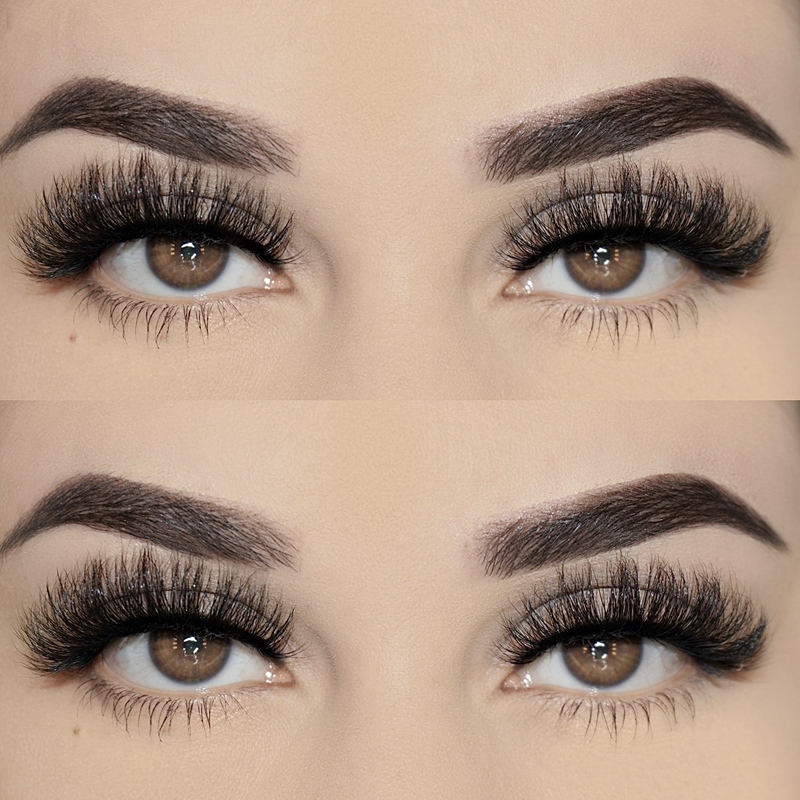
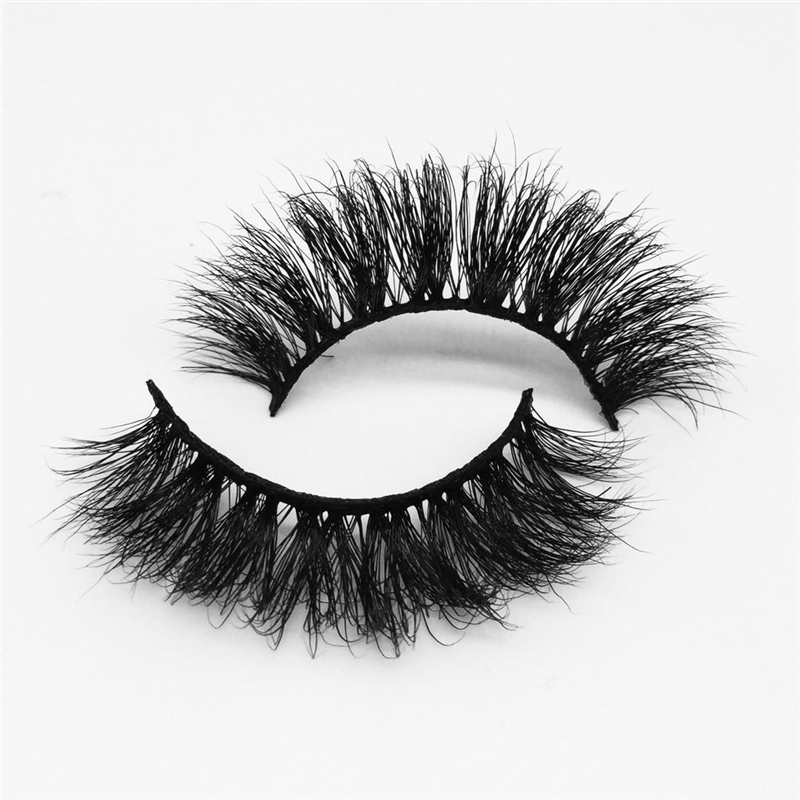
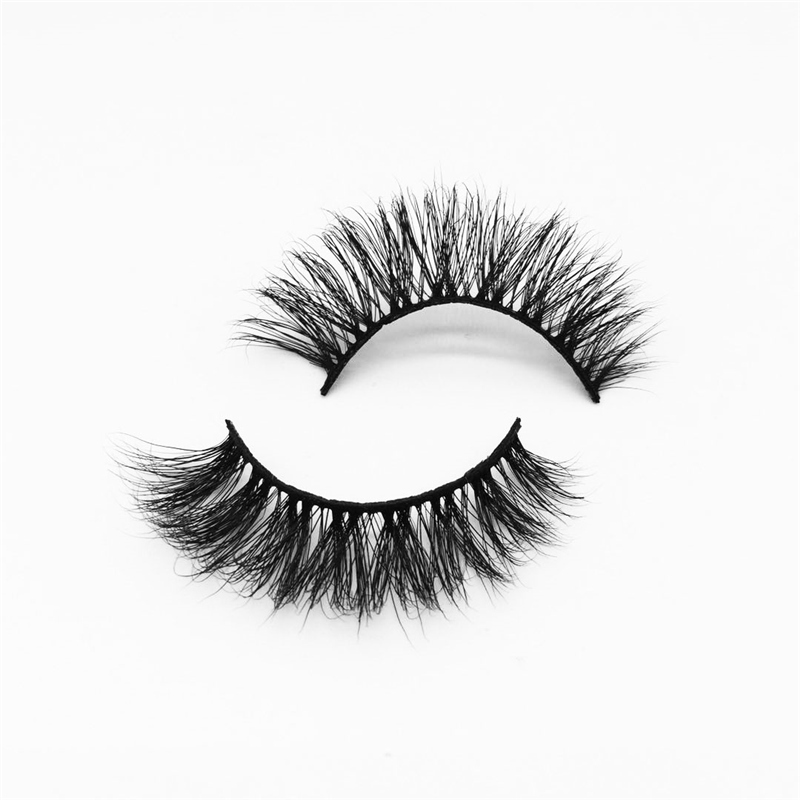
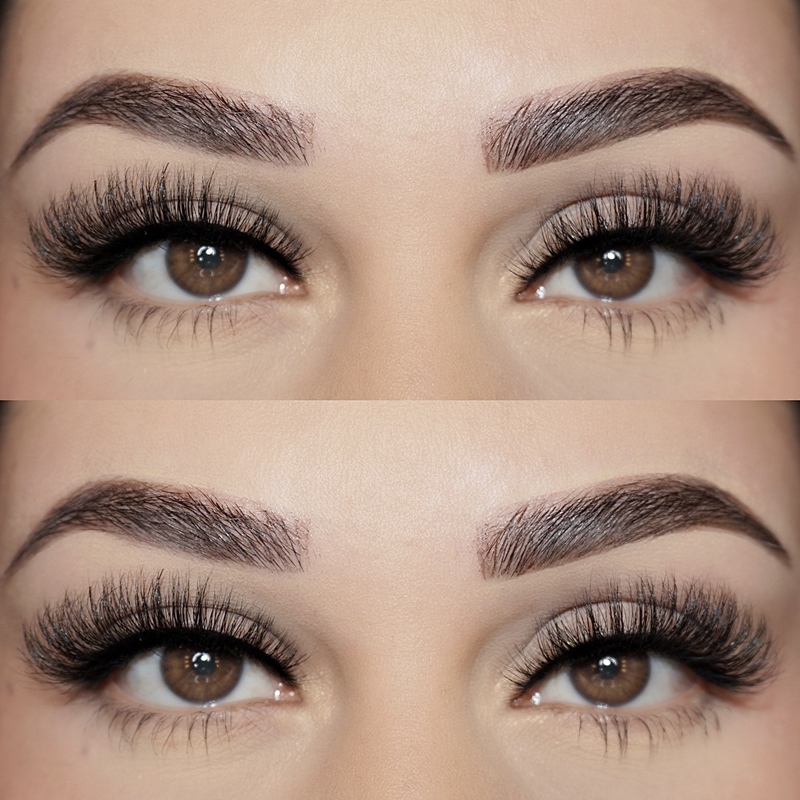
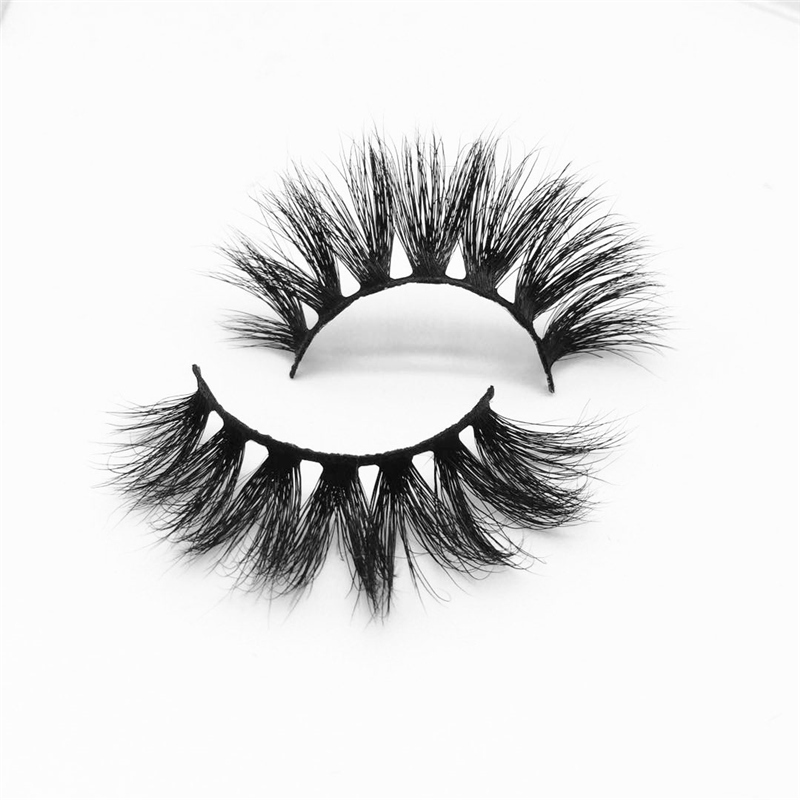
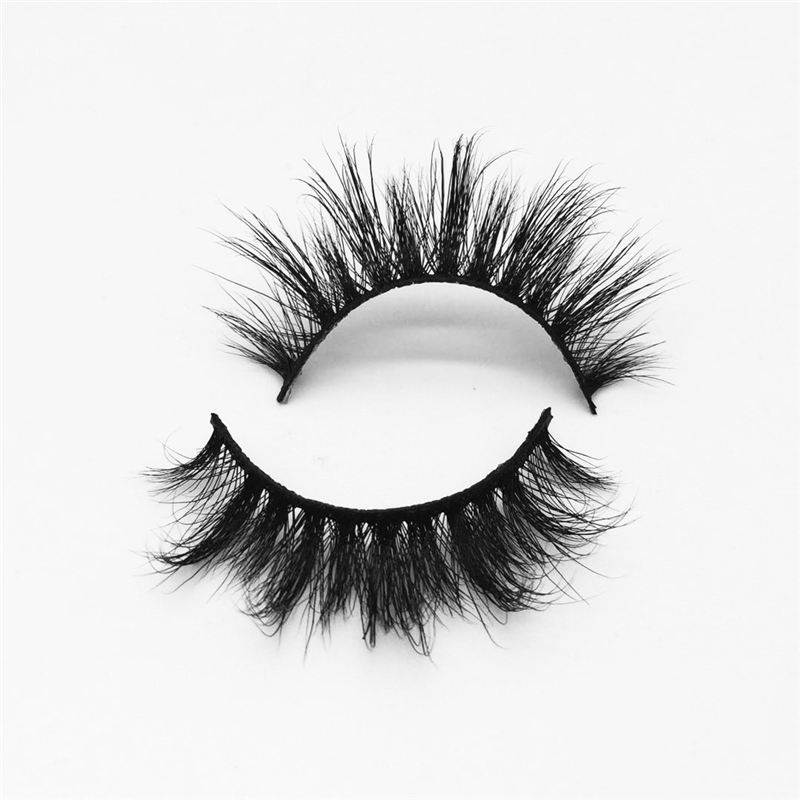
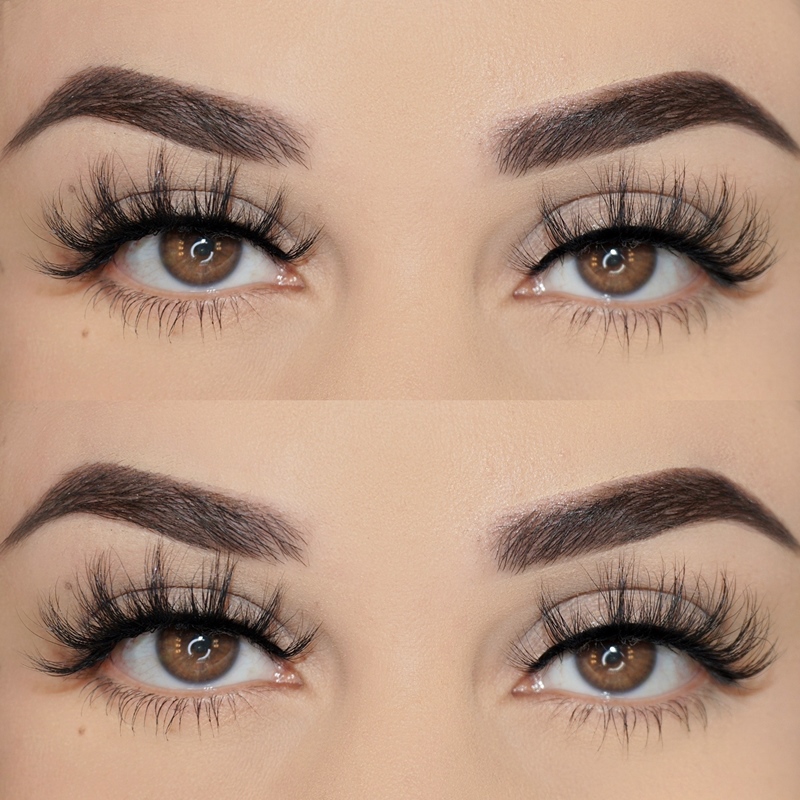
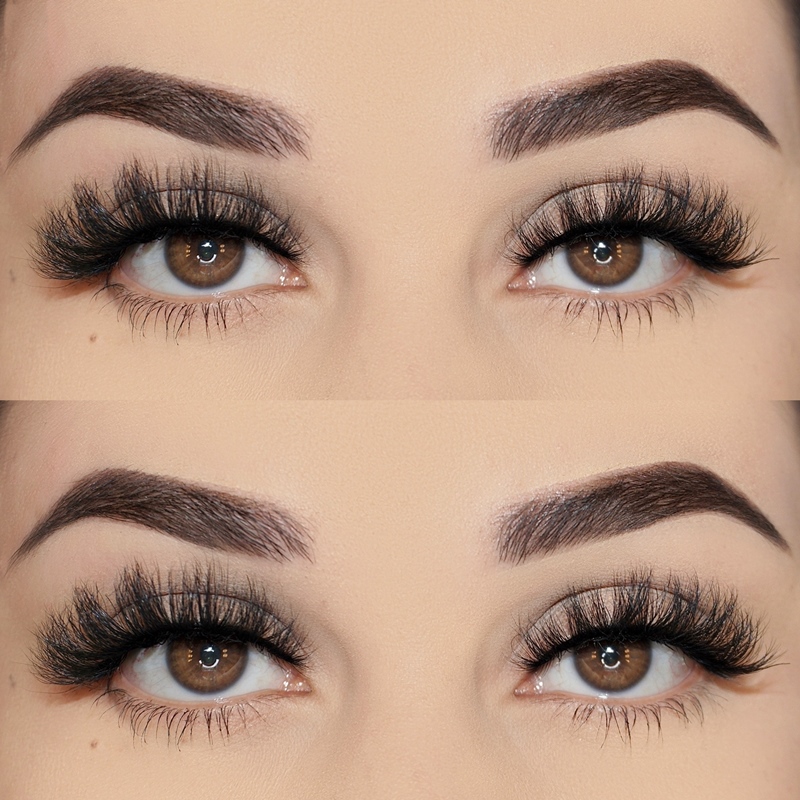
15mm Lashes,15mm Mink Lashes,15mm Eyelashes,15 mm lashes
Zhengzhou Cuka Electronic Commerce Co., Ltd. , https://www.cukalashes.com